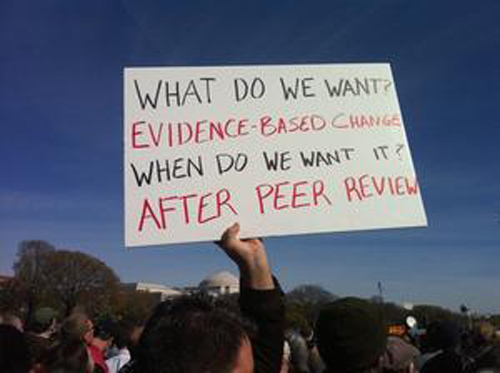
John Hood surveyed a quarter-century’s worth of peer-reviewed academic literature examining the relationship between public policy and state or local economic performance. The survey yielded the following:
the policy preferences of fiscal conservatives have strong empirical support … most studies find that lower levels of taxes and spending, less-intrusive regulation, and lower energy prices (which often reflect fiscal and regulatory policies) correlate with stronger economic performance.
Of course, I don’t have to tell any reader here that those empirically proven policies are also loudly denounced by media and ad-hoc “morality” scolds. They have, by now, a solid revealed preference for policies that outwardly seem beneficial but aren’t. (Why they make that choice, and make it so stridently and consistently, is an open question. Perhaps they value the illusion for its own sake, not because they are fooled themselves, but because they wish to profit politically from others being fooled.)
My newsletter this week noted the passing of Nobel Prize-winning economist Gary Becker, who certainly favored an Esse quam videri approach:
The greatest beneficiaries of capitalism are those at the bottom of the income ladder. That’s why I favor capitalism. Were that not the case, I would not be in favor of capitalism. Milton Friedman feels the same way.
I then go into a discussion of how, despite the federal government spending trillions of dollars on “superficially ‘compassionate’ but empirically disproven” policies to fight poverty, “the actual, effective fight against poverty is being waged by job creators, entrepreneurs, innovators, and private charities on the ground in communities.”


